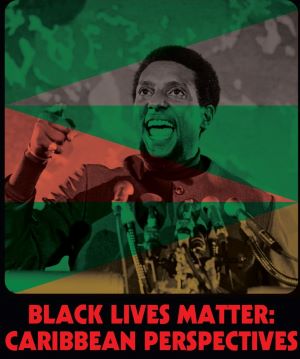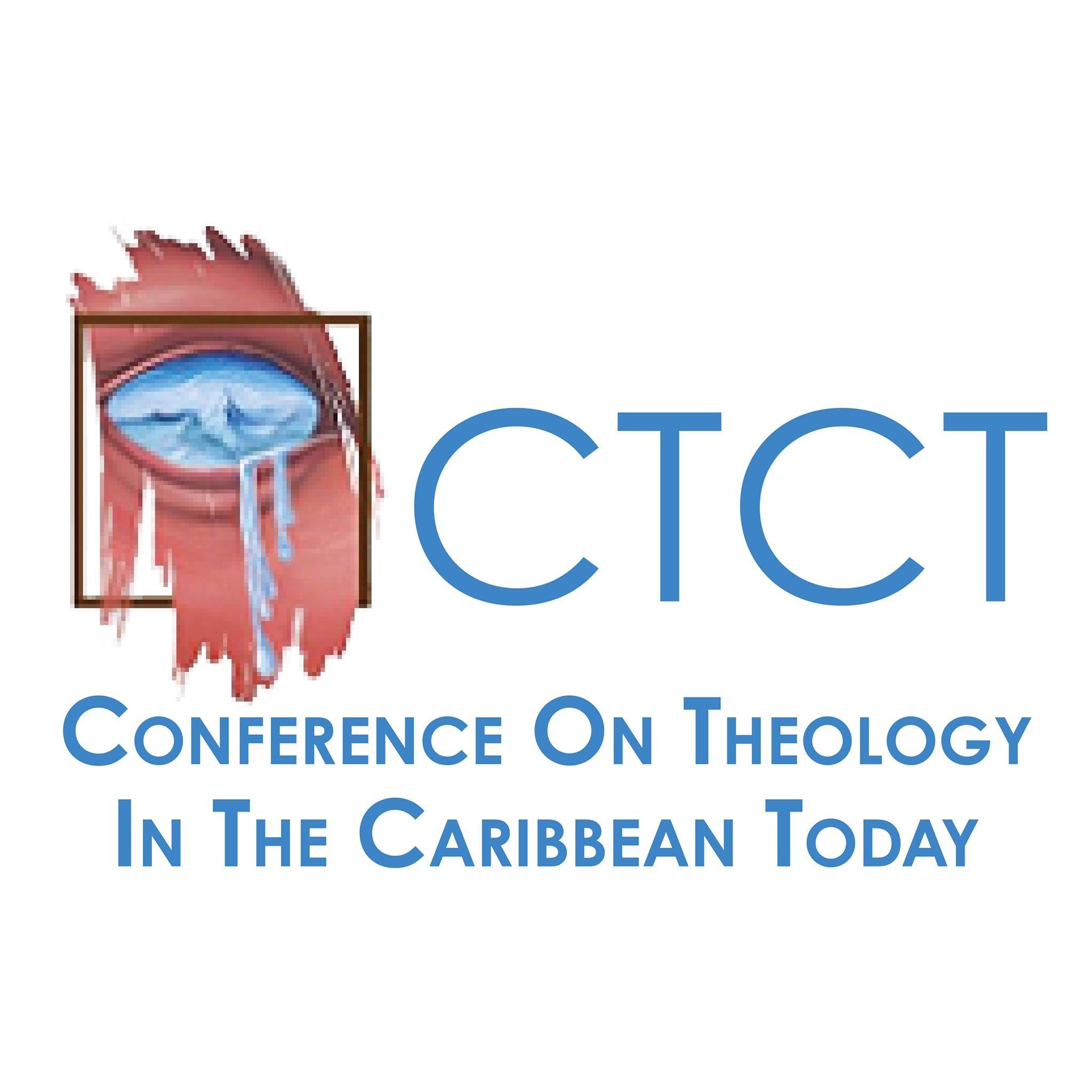Blog Detail
Blog Detail
Black Lives Matter: Virtual Forum 2 April 16
Caribbean theologians reflect on Black Lives Matter: Virtual Forum 2 April 16
The Conference on Theology in the Caribbean Today (CTCT) recently held a Virtual Forum on the theme “Black Lives Matter: Caribbean Theological Perspectives”. The two-hour event took place on Zoom. The majority of the 100 participants were based in mostly English-speaking Caribbean countries, while some logged in from the USA and western Europe. Among them were clergy, pastoral workers, educators and students; most participants belonged to a Christian denomination, especially Catholicism; and there were slightly more women than men. The group first listened to three presentations, each from a different angle.
Dr. Alison Mc Letchie, Associate Professor of Sociology and Anthropology at South Carolina State University, USA, is a Roman Catholic Trinbagonian who has resided in the US for more than twenty years. She related her experience with the BLM movement in the US South as a Catholic Caribbean immigrant. Dr. Mc Letchie remarked that racism in the US, as in the Caribbean, stems from the plantation system. She posited that, in general, the leadership of the Roman Catholic Church in the US South still displays a Eurocentric and segregationist culture, seems not to understand the BLM movement, and has been unwilling to truly engage with critiques of systemic racism. She called upon the faithful, especially theologians and educators among them, to take the responsibility to collaborate toward dismantling racism and becoming one in Christ’s body.
Rev. Dr. Sonia Hinds, Rector of St. Leonard’s Anglican Church in Barbados, explained that racism became institutionalized in the early Anglican Church in Barbados through complicity with colonialism and slavery. She used the legacy of Christopher Codrington (†1710) as an example of the Church’s efforts to maintain slavery and the plantation system in colonial Barbados. While there has been significant progress during the past half century, race-related challenges remain within the Anglican Church and wider Barbadian society. For example, whereas since 2000 all Anglican clergy are of African descent, Eurocentric iconography remains prevalent in the Church. Rev. Dr. Hinds argued that theology can be an engine for social change and explained that the all-embracing Anglican concept of Holy Baptism logically implies that racism is unchristian, is unacceptable to God, and is a sin.
Rev. Fr. Stephan Alexander, recently ordained Roman Catholic priest of the parish of St. Martin de Porres, Coryal, Trinidad and Tobago, pointed to connections between the current BLM movement, the 1960s civil rights movement in the USA and Canada, and the 1970 Black Power Revolution in Trinidad. He referred to both Scripture
(“seeing they do not perceive, and hearing they do not listen, nor do they understand” ― Matthew 13:13)
and philosophy
(“The eye sees only what the mind is prepared to comprehend” ― Henri Bergson)
to foreground persistent attitudes in modern-day Trinidad and Tobago that demean Black people and deny their human dignity. Fr. Alexander argued that an intimate relationship with Christ and a balanced approach grounded in spiritual and ethical values are prerequisites for understanding racism and for countering it.
All three presentations directly or indirectly argued that the basic tenets of the Christian faith, and especially the notion that all human beings are created in the Divine image (Genesis 1:27), invalidate and reject racism. However, this then presents the disturbing contradiction of the persistent presence of racism among persons of faith and within the Church. The three presenters agreed that the Church should play an active role in fighting racism, by confronting the Church’s own contradictory praxis in both the past and present, by actively engaging with anti-racist movements, and by consistently promoting a just society.
In the open-floor discussion that ensued, a wide range of issues surfaced, such as the question of Caribbean iconography (images and colonial legacy), the role of Catholic Education, the need to ‘Caribbeanize’ concepts like BLM that are imported from the North, what does it mean to matter in the context of a theology of human dignity, reparations, metanoia (penance), and pastoral strategies to bring about effective change toward equity and equality.
The Forum showed that the topic of BLM has multiple dimensions to which a two-hour platform obviously cannot do sufficient justice. Reflection upon these dimensions and other topics will resume at the 21st Conference on Theology in the Caribbean Today, which is scheduled for June 2021.
